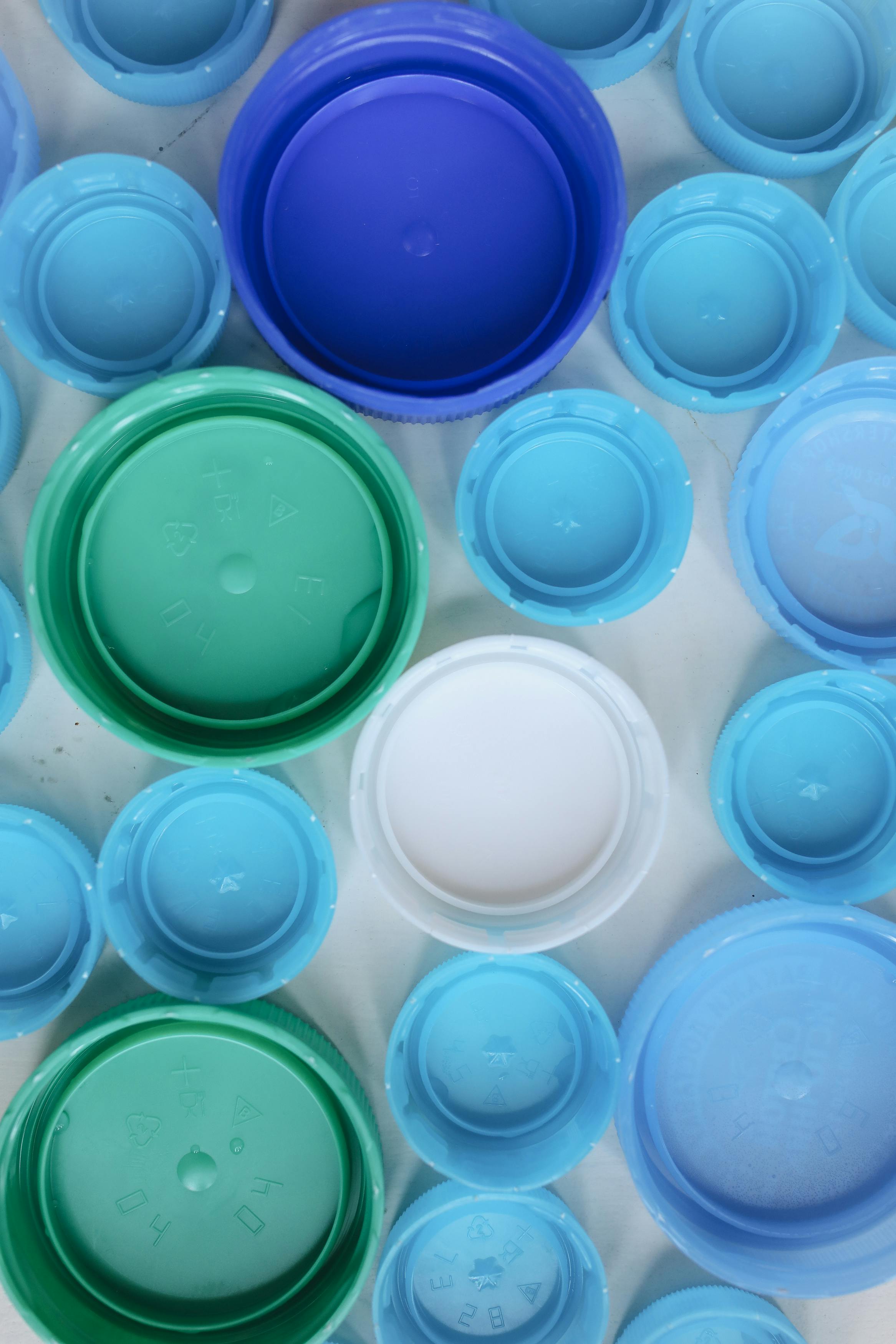Turning Algae into Biodegradable Plastic: The Future of Sustainable Packaging

The Rise of Algae-Based Bioplastics
Plastic pollution is a pressing global issue that continues to wreak havoc on our environment. One innovative solution that's gaining traction in the biotech industry is turning algae into biodegradable plastic. Algae, a diverse group of aquatic organisms, is abundant, renewable, and offers a sustainable alternative to traditional petroleum-based plastics.
How Algae-Based Bioplastics are Made
Algae-based bioplastics are produced through a process called biopolymerization, where certain strains of algae are cultivated and harvested to extract biopolymers. These biopolymers are then processed into plastic-like materials that have similar properties to conventional plastics but are fully biodegradable.
The Environmental Benefits
Switching to algae-based bioplastics can significantly reduce the carbon footprint associated with plastic production. Unlike petroleum-based plastics that are derived from non-renewable resources, algae-based bioplastics are carbon-neutral and help mitigate climate change by sequestering CO2 during their growth cycle.
The Future Outlook
As consumer demand for eco-friendly products continues to rise, biotech companies are investing in research and development to scale up the production of algae-based bioplastics. These sustainable materials have the potential to revolutionize the packaging industry and pave the way for a greener, cleaner future.





